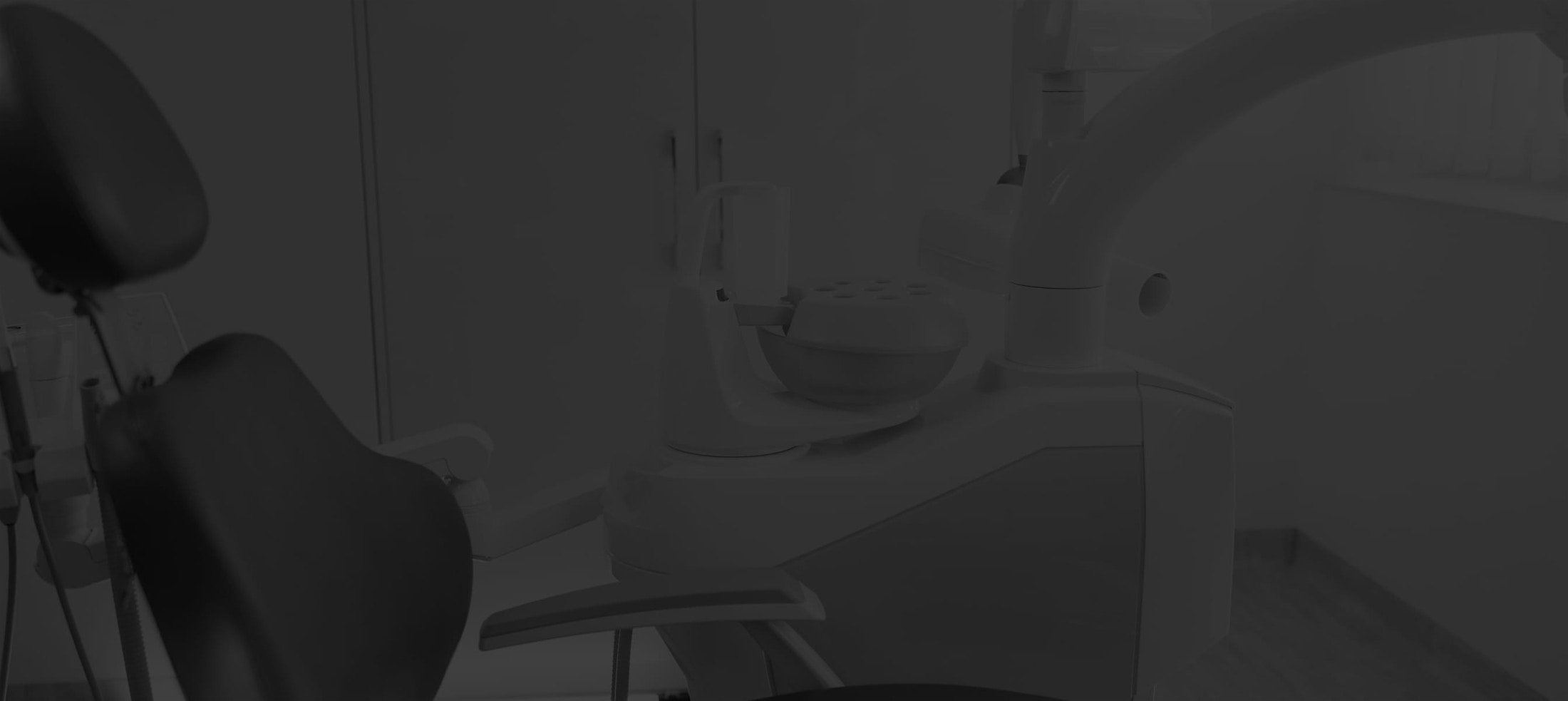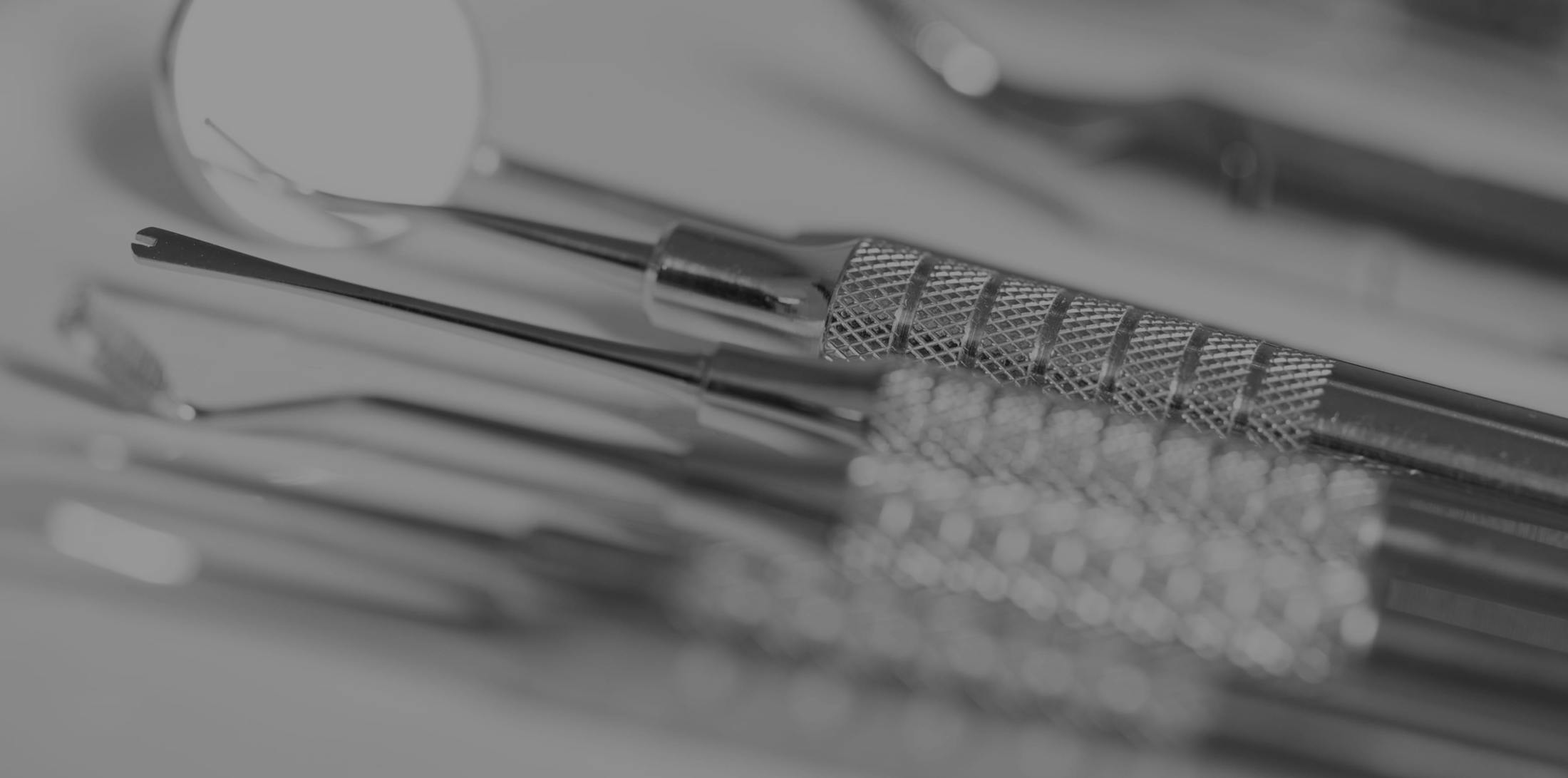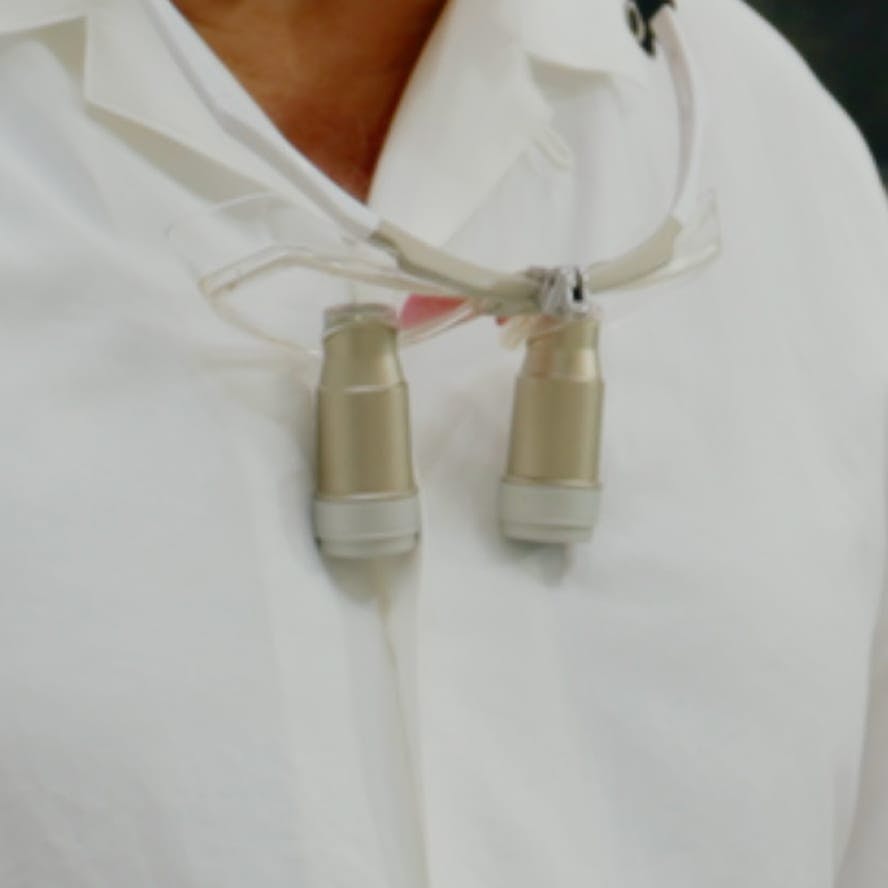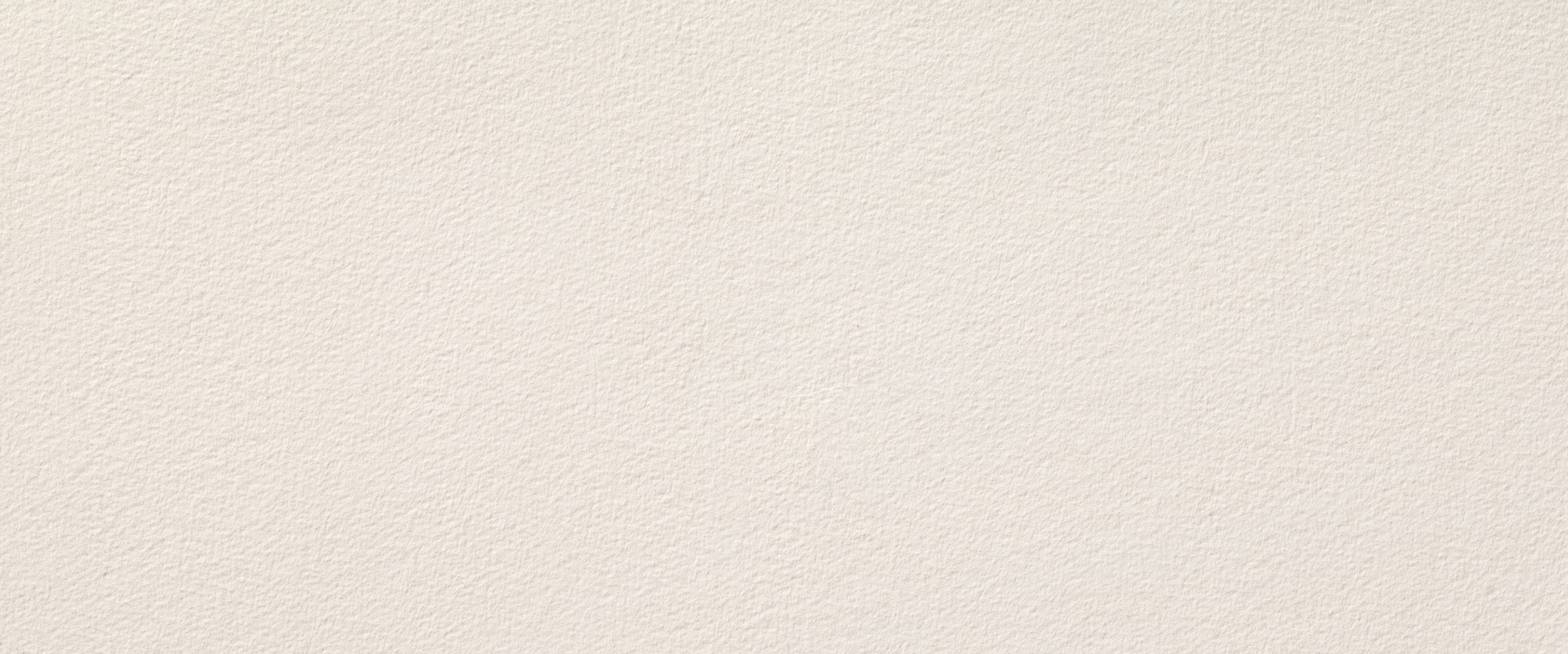Causes of Jaw Clenching
The causes of jaw clenching can be manifold, so it’s essential to be informed of the variety of reasons it may happen. Your habits and medical history can be clues to the causes of that sore jaw and may guide your dentist in selecting the best treatment option.
1. Teeth Grinding (Bruxism)
Bruxism, or teeth grinding, is one of the leading causes of jaw clenching. Studies have shown that up to 20% of the population struggles with jaw clenching and teeth grinding while awake, and up to 31% of adults grind their teeth in their sleep.
Why do people grind their teeth at night? People usually grind their teeth at night because of stress, genetics, smoking, crooked teeth, or sleep apnea.
This grinding can cause significant damage to the teeth and pain in the jaw, not to mention possible sleep deprivation that comes with its own side effects.
Can teeth grinding be cured? Teeth grinding while awake can often be cured, and there are many treatments to alleviate sleep bruxism. If you’re noticing signs of damage in tooth enamel, dentures, or dental restorations along with jaw tightness, see your dentist right away.
2. Temporomandibular Joint Disorders (TMJ or TMD)
Temporomandibular joint disorders, or TMJ disorders, are characterized by sore facial muscles, jaw pain, difficulty eating, and more. In many cases, these disorders can go unnoticed for years, leading to more significant holistic issues and even nutritional deficiencies.
These disorders may be caused by teeth grinding or by a misaligned bite, both of which can lead to painful jaw tension. This can lead to a higher likelihood of mental health issues or developing a sleep disorder.
3. Stress & Anxiety
Stress and anxiety are major contributors to jaw tightness. Clenching the jaw is a common unconscious reaction to unsettling circumstances, or worse yet, chronic stress. Ongoing stress can have devastating effects on not only oral health but the whole body.
Anxiety and stress are linked to tension throughout the body. When left untreated, they may contribute to jaw clenching, teeth grinding, and muscle pain or tightness in other areas of the body.
4. Excessive Chewing
Excessive chewing can overuse the jaw muscles, causing soreness and tension. If you regularly chew gum, pencils, the inside of your mouth, or anything else, it is a recipe for jaw clenching and muscle pain.
5. Rheumatoid Arthritis (RA)
RA is an autoimmune disease that causes chronic, painful inflammation in joints throughout the body, including the temporomandibular joint. Approximately 50% of people with RA develop TMJ symptoms.
This loss of motion and pain in the jaw may lead to clenching and even teeth grinding, as well as an increased risk of developing TMD. Long term, it may contribute to bone loss in the jaw or damage to the joint and surrounding tissue.
6. Tetanus
In rare cases, jaw clenching can be a sign of the bacterial infection tetanus, also called lockjaw. This disease is fast-acting and can be deadly if not treated.
Tetanus is preventable, however, by staying up-to-date on vaccinations.
7. Sleep Disorders
Sleep disorders are another major contributor to jaw clenching and grinding teeth, particularly sleep apnea and sleep-disordered breathing. In fact, 3 out of 4 people have some form of sleep-disordered breathing.
Sleep apnea causes your body to stop breathing as you rest. When this is the cause of sleep bruxism, your brain sends signals to clench the jaw and grind your teeth to wake you and re-initiate breathing.
Over time, sleep disorders can damage teeth, lower nitric oxide levels, and create fatigue, so it’s vital to find courses of action to stop grinding teeth and clenching the jaw.







